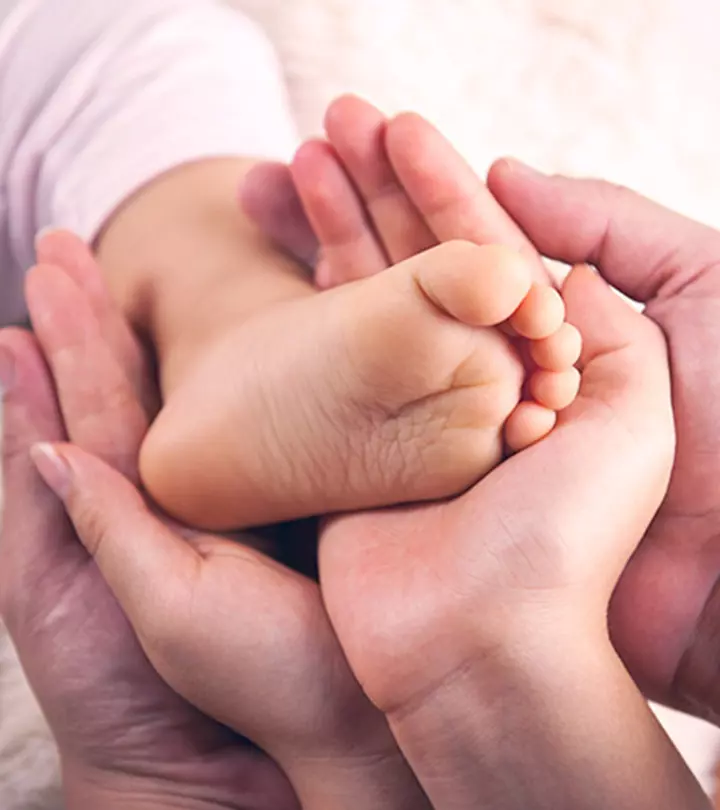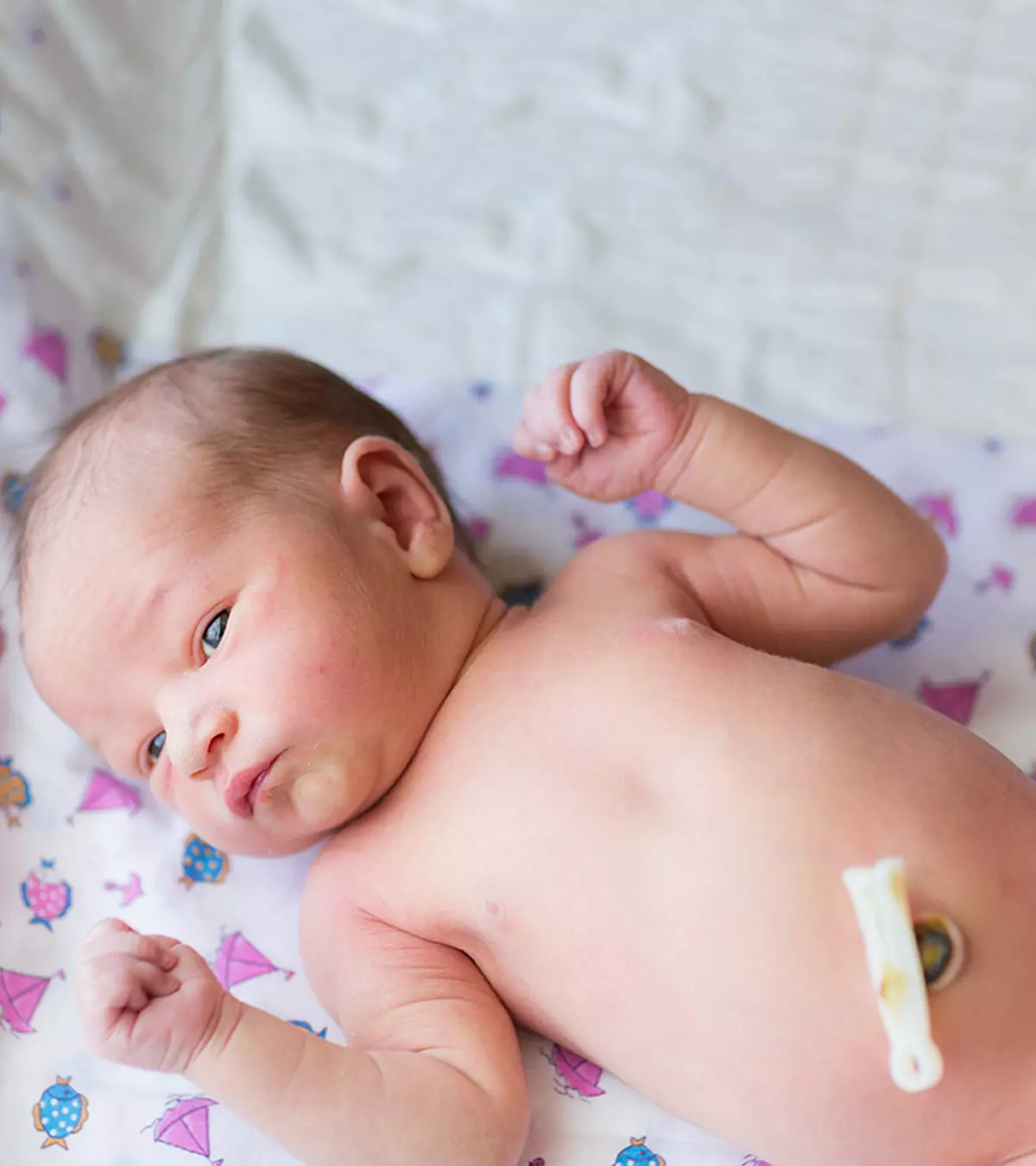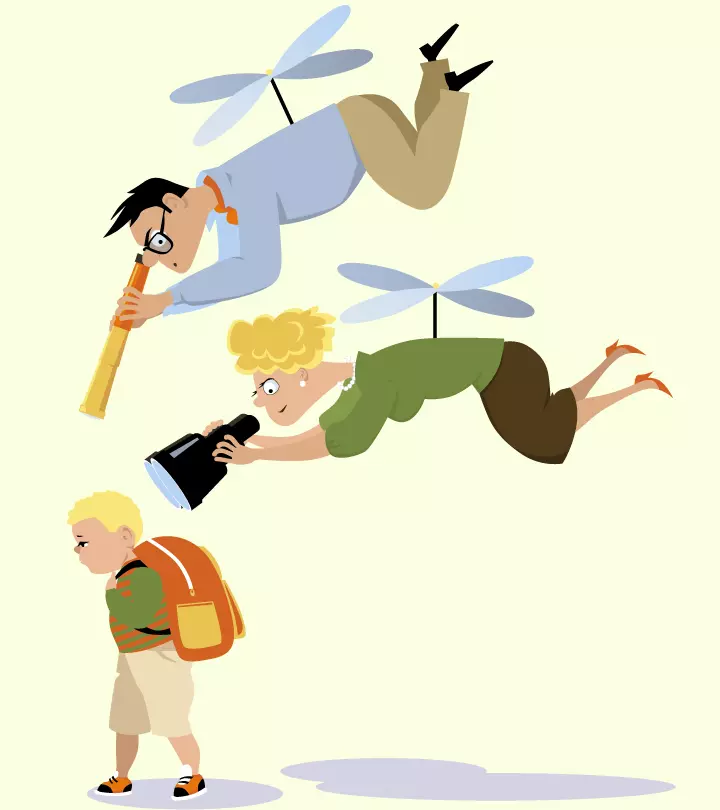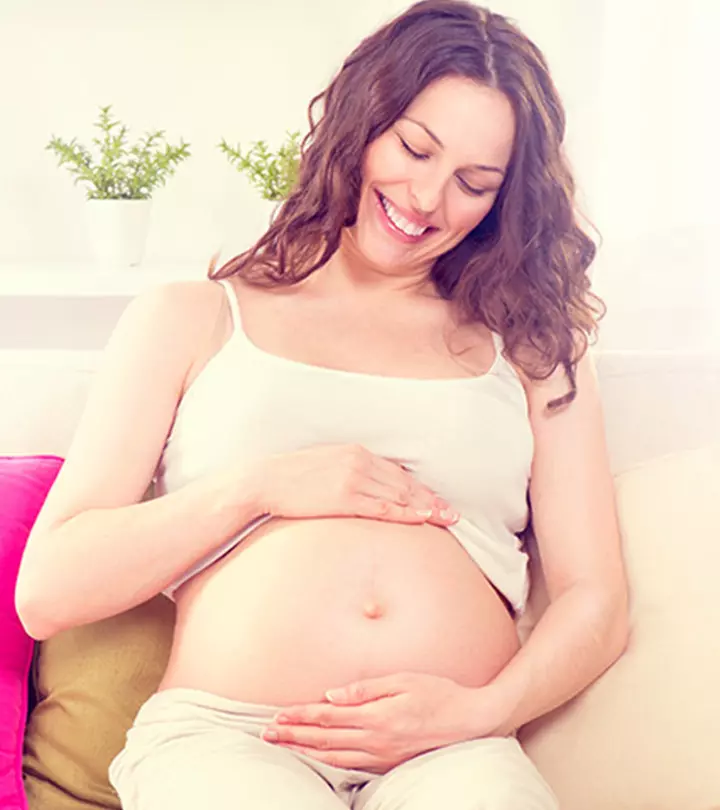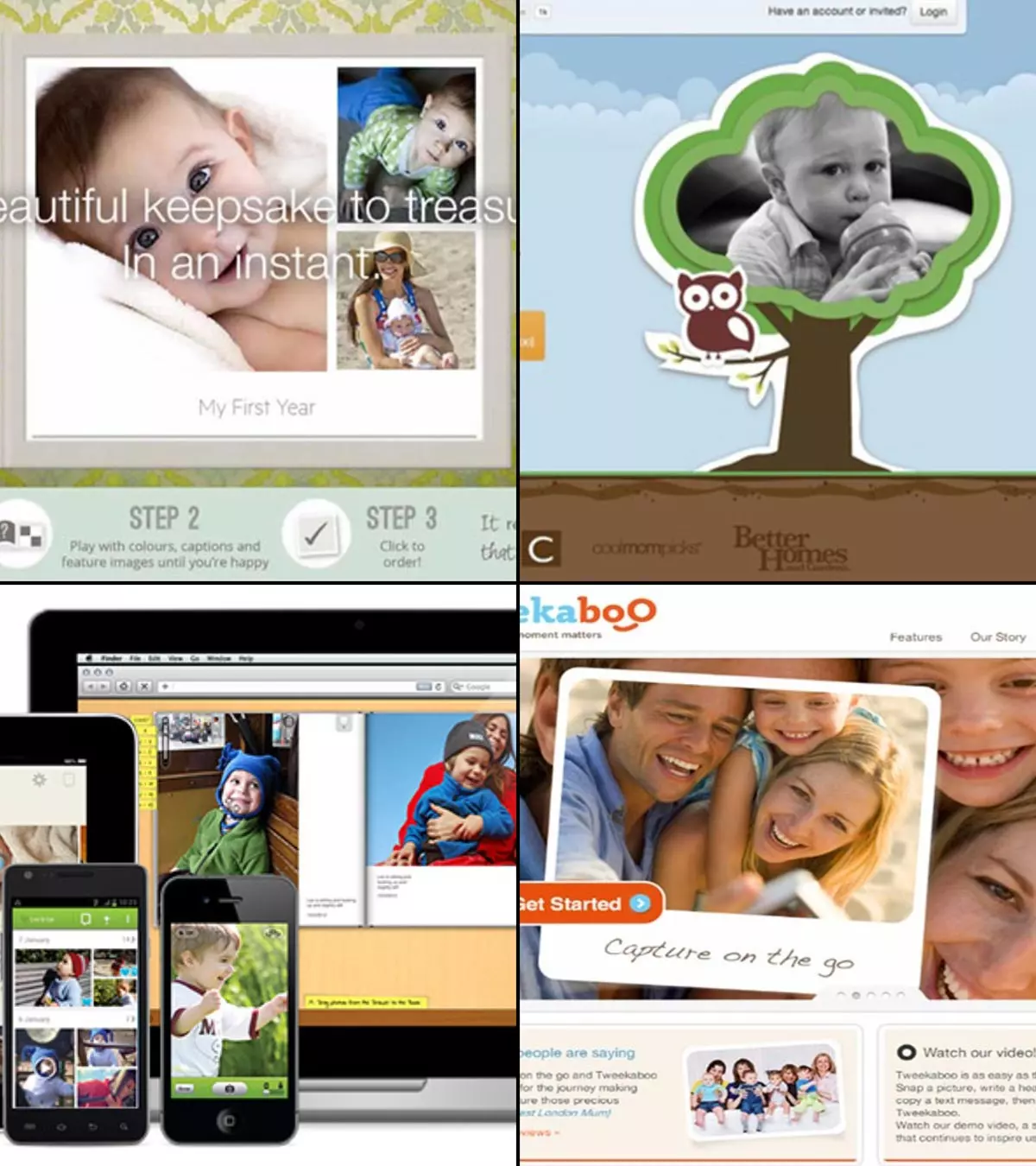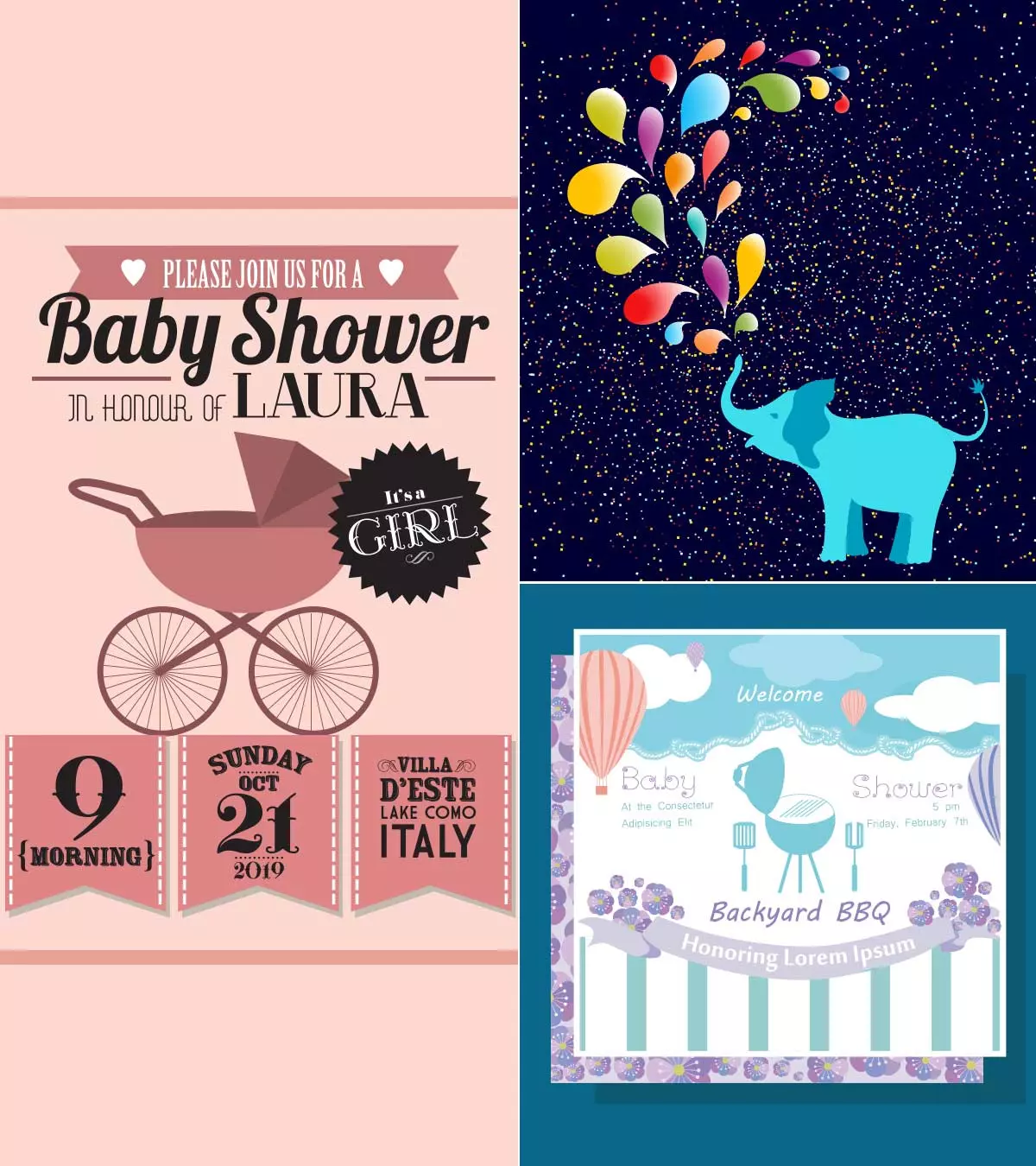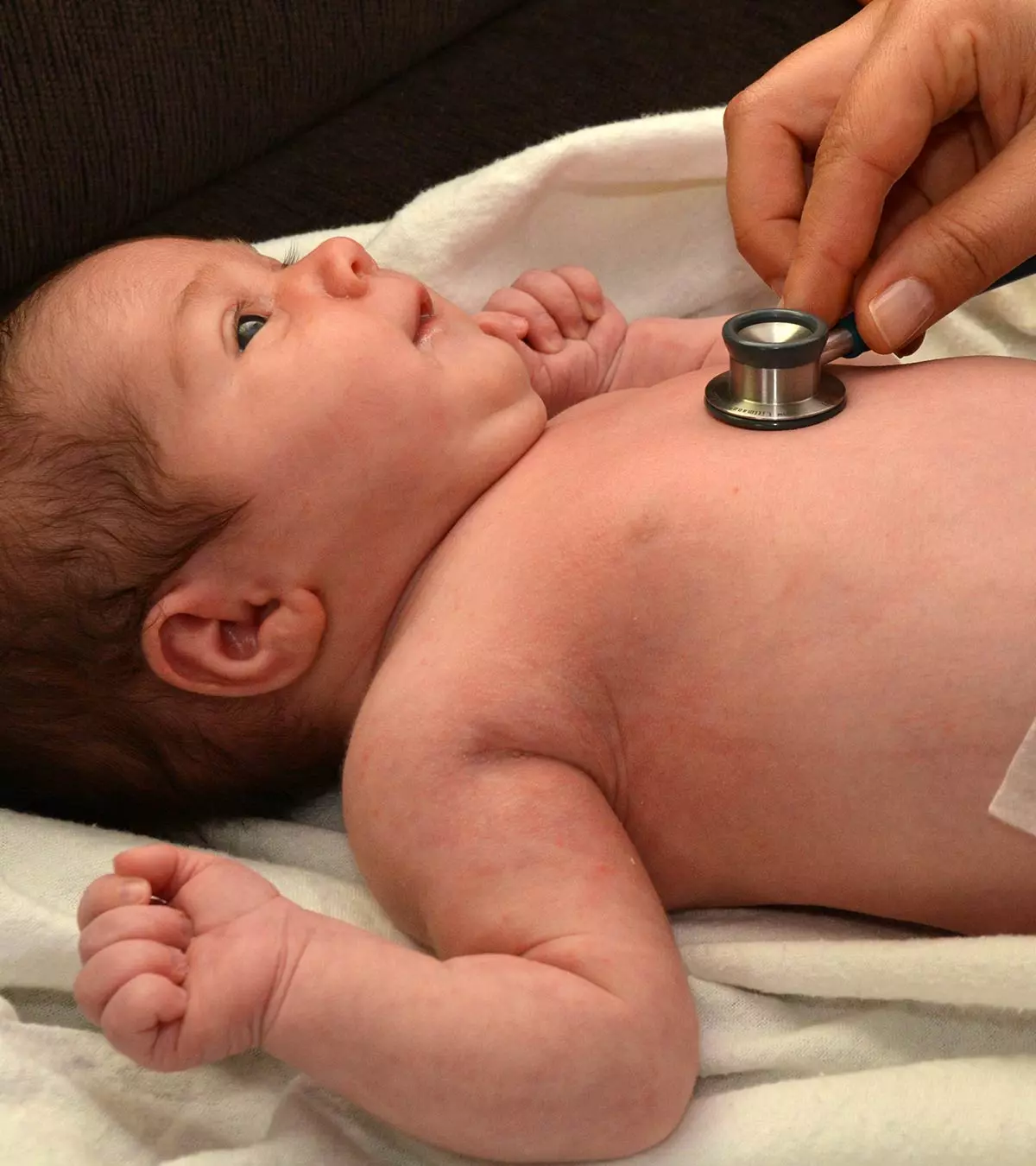
Image: Shutterstock
Swollen breasts in newborns is a common finding often noticed by parents or caregivers within a few days after birth. Slight swelling in the breast area is not a cause for concern, and this is due to the effects of increased levels of estrogeniA sex hormone that helps develop female sexual characteristics and manages their reproductive health. hormones in pregnancy for maternal breast enlargement (1)
Usually, this swelling disappears after two weeks of life when the hormones disappear in the baby’s body (2). Read on to know more about swollen breasts in newborns.
Key Pointers
- Swollen breasts in newborns are a common occurrence and may not cause harm.
- It is usually the result of hormones and may produce a milk-like fluid in babies.
- It is a temporary condition and resolves spontaneously after a few weeks.
- Pinching the baby’s swollen breasts may cause infection.
- Medical attention is warranted if the baby has persistent swelling or a high fever.
Hormonal Changes In Babies
Swollen breasts are a common concern for parents of newborns, but it’s normally nothing serious (2).
- The swollen breasts can, at times, produce a milk-like liquid. Do not be alarmed as galactorrhea in babies can be normal. Also, do not squeeze the nipples to try and get the milk out. If you just leave it alone, it will resolve on its own (3).
- This swollen breast happens because the mother’s hormones are passed to the newborn baby before delivery.
- Swollen breasts appear within a few days after the delivery and will disappear within a few weeks but can take up to a few months to completely go away.
 Quick fact
Quick factCauses Of Swollen Breasts In Newborns
Many parents may get tensed by seeing the swollen breasts in infants, but once the cause for these swollen breasts is known, you will feel relaxed (4) (5).
- Typically in a pregnant woman, there are many changes happening physically and mentally as well. You can notice changes in the breast during your entire pregnancy.

Image: Shutterstock
- In the final days of your pregnancy, you can see such changes a lot; this is due to your body preparing itself for breastfeeding your baby.
- These hormonal changes are passed to the infant also and the same effect is seen in them where their prolactin levels change due to the changing maternal estrogen levels.
- When a baby is in the mother’s womb, he or she absorbs many hormones from the mother’s blood. But after the baby is born, this regular supply of chemicals is cut off. Due to this, certain hormonal changes happen in the babies, which are generally temporary in nature.
 Did you know?
Did you know?Tips For Concerned Parents
It can be worrying for the parents to see these changes in their newborn baby’s body. Always check with your doctor if you are unsure. Here are some general do’s and don’ts to follow at home.
- Some parents try to pinch the swollen area too much and see if that will help in reducing the swollen breast, but that will cause irritation to the newborn babies (6). Avoid doing this.
- Since this is not a serious problem, give it some time to shrink naturally. This will disappear around the 5th week of the baby’s birth.
- Do not massage or squeeze the swollen area. You should wash them during the bath and wipe them well to keep the area dry. Too much massage or pinching the swollen area can cause infection.

Image: Shutterstock
When You Should Consult A Doctor
As discussed earlier, swollen breasts in newborn are not worrisome since they will shrink naturally in a few weeks. However, you should consult a doctor in the following cases:
- If the swollen breast appears red
- If your baby has a high fever along with a swollen breast
- If the swelling is increasing everyday
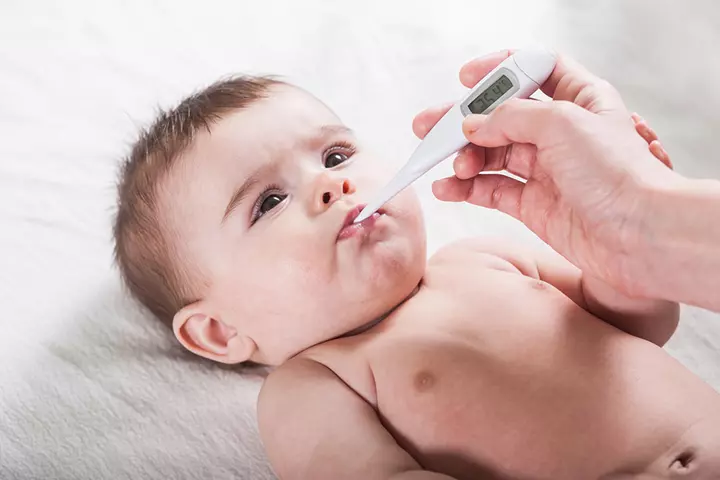
Image: Shutterstock
As parents, it is normal to worry about anything that seems unusual for your infant. Swollen breasts in newborns are usually caused due to the effect of the high estrogen environment while inside the womb or during birth. It subsides within a few weeks of life and is not a cause of concern, but monitoring the atypical signs is important. Avoid pinching or massaging the area even if there is whitish liquid discharge, and clean them during the bath. Also, if the swelling increases or is accompanied by redness or fever, or a purulent discharge seek a suggestion from a pediatrician as it might indicate infantile mastitis (7).
Frequently Asked Questions
1. How long do breast buds last in newborns?
Babies, both boys and girls, often develop breast buds that may enlarge within the first two weeks to six months of life (6).
2. Is it normal for a baby boy to have a lump in his breast?
Yes. It’s normal for baby boys and girls to develop swollen breasts for lumps, which may go away by the second week of life as the hormones leave the newborn’s body (2).
3. How do I know if my baby girl has breast buds?
Any small, disc-shaped lump in the baby’s breast under the areola could be a breast bud. Mostly, a breast bud can be felt under the nipple and areola in babies (6).
Infographic: Things To Remember About Swollen Breasts In Newborn
Swollen breasts in newborns, or neonatal breast engorgement, is a common and temporary condition. It is usually not a cause for concern and typically self-resolves. However, staying informed about neonatal breast engorgement can help you manage the condition better and provide appropriate care to your newborn. Read the infographic below for more information about neonatal breast engorgement and its essential features.

Illustration: Momjunction Design Team
Illustration: Unexpected Causes Of Swollen Breasts In Newborns
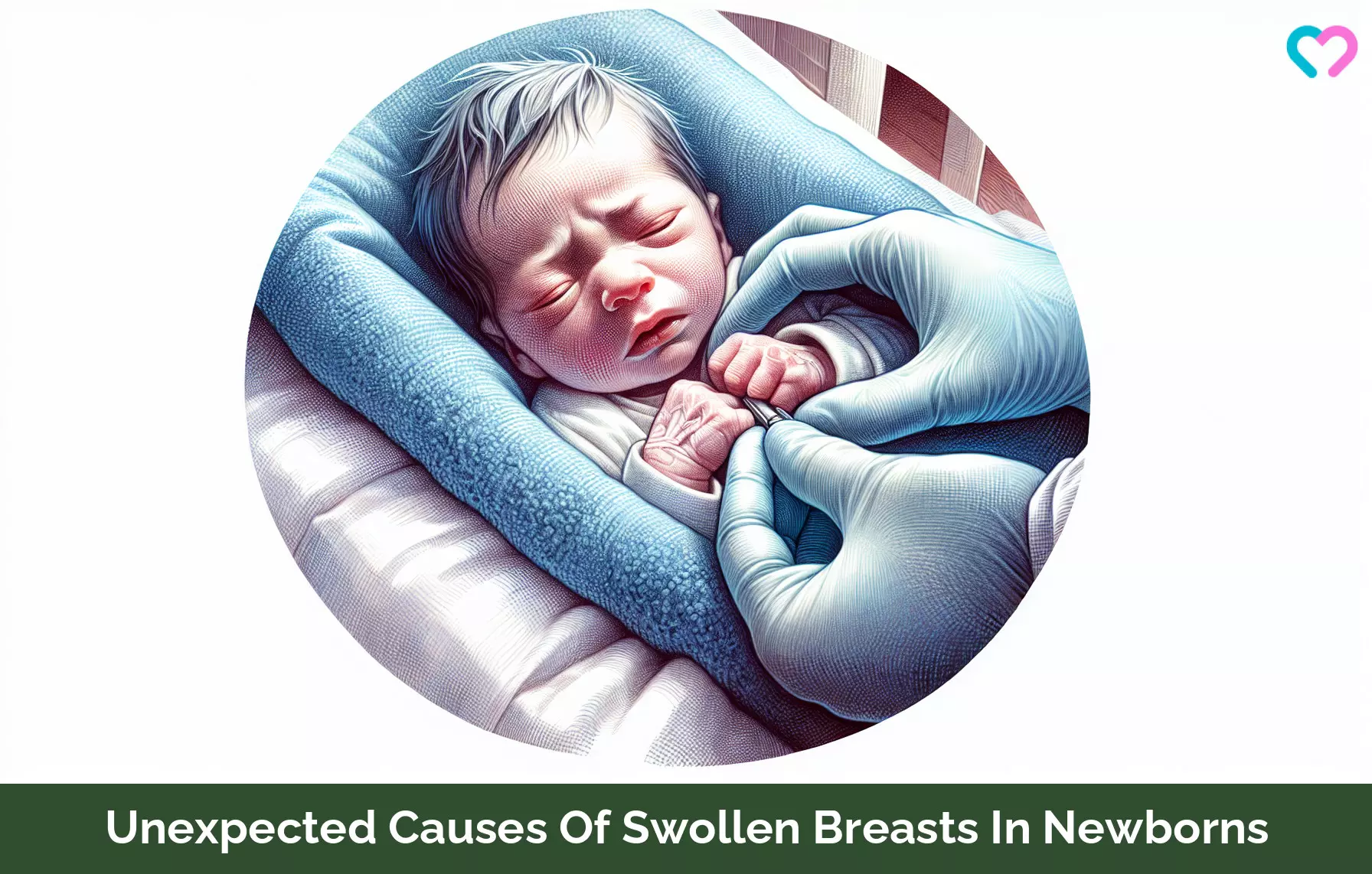
Image: Stable Diffusion/MomJunction Design Team
References
- V Raveenthiran; (2013); Neonatal Mastauxe (Breast Enlargement of the Newborn).
https://www.ncbi.nlm.nih.gov/pmc/articles/PMC4422278/ - Hormonal effects in newborns.
https://medlineplus.gov/ency/article/001911.htm - Swollen breasts.
https://www.inspq.qc.ca/en/tiny-tot/baby/newborn/swollen-breasts - Hormonal effects in newborns.
https://www.stlukes-stl.com/health-content/health-ency-multimedia/1/001911.htm - Swollen Genitals (Infants).
https://hi.easternhealth.ca/life-stages/infants/appearance/swollen-genitals/ - Breast Symptoms-Child.
https://www.seattlechildrens.org/conditions/a-z/breast-symptoms-child/ - Nahar AL Ruwaili and Dennis Scolnik; (2012); Neonatal Mastitis: Controversies in Management.
https://www.ncbi.nlm.nih.gov/pmc/articles/PMC3762045/
Community Experiences
Join the conversation and become a part of our nurturing community! Share your stories, experiences, and insights to connect with fellow parents.
Read full bio of Dr. Wayne Hough
Read full bio of Jessica Albert
Read full bio of Rebecca Malachi
Read full bio of Anindita Ghatak








